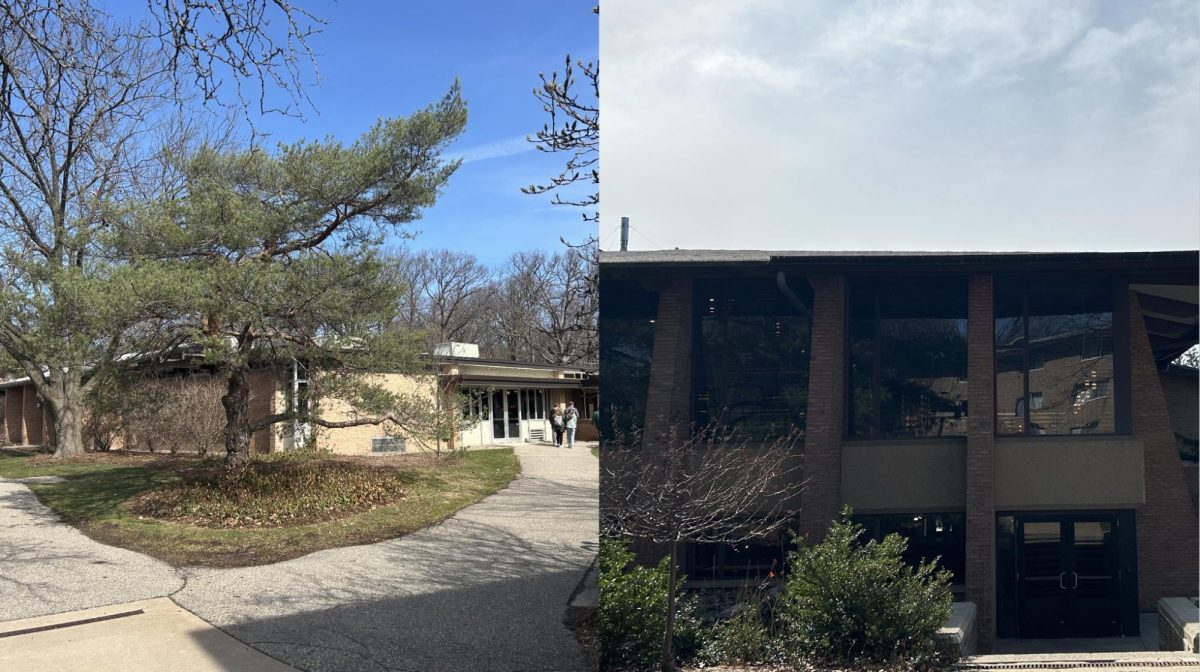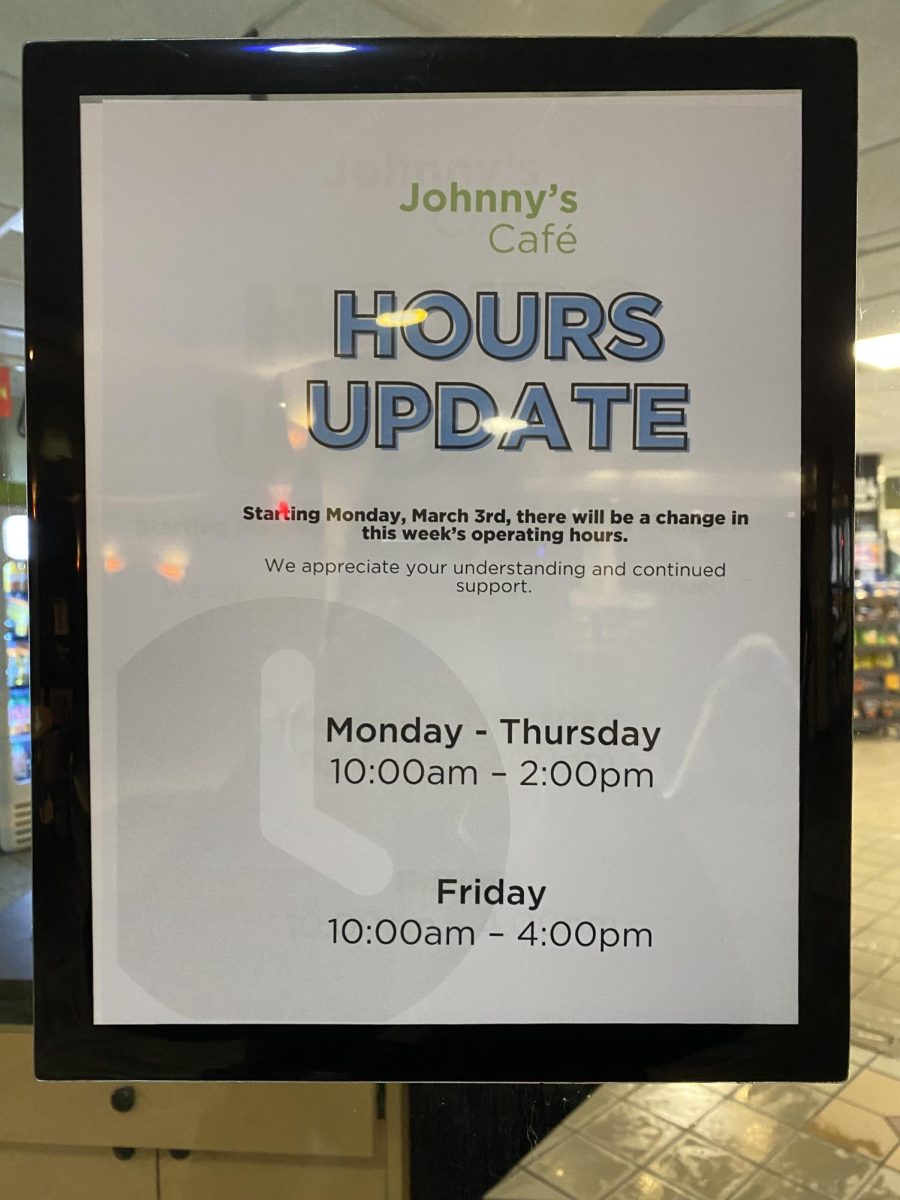Four years after the first COVID-19 lockdowns began, education researchers and Calvin professors have expressed growing concerns about the continued effect the pandemic had on education.
According to a 2022 article from Brookings, schools have experienced struggles with student mental health, higher rates of violence and a lack of time in the classroom as a result of COVID restrictions. These factors all contributed to a “sizable drop” in math and reading test scores for 3rd through 8th graders, according to the article.
A more recent study from the Northwest Evaluation Association’s Center for School and Student Progress revealed that there remained a “substantial achievement gap” in reading and math test scores at the end of the 2022-23 school year for students of the same age.
As Calvin prepares to accept its upcoming freshman class — who would have been finishing 8th grade at the start of the pandemic — professors are already seeing current students struggle in their core classes.
Debra Rienstra, professor of English, said that she did not notice any significant changes in student academic performance until this past fall, when her classes were full of almost entirely first-year students. According to Rienstra, these students were quite aware of the negative effect that COVID may have had on their education.
“Several of them said, ‘We didn’t read a book or write anything for two years,’” said Rienstra. This lack of practice in some of the fundamental skills necessary to succeed in a core class like CORE 100 or ENGL 101 may result in students having to catch up on what they might have missed in 9th and 10th grade. “I don’t know that I noticed any really severe and unusual gaps. I think they just had to suffer more and work harder to raise the level of their work to college level,” Rienstra told Chimes.
Mathematics professor Todd Kapitula, however, has noticed some more serious setbacks for students in his calculus classes. In recent years, Kapitula said, the percentage of students who achieve a B has drastically reduced. While the percentage of students earning A’s in his classes have generally remained the same, those who may have previously been prepared to earn a B have instead earned C’s or D’s.
When the university adopted the 4-2 credit system, the mathematics and statistics department implemented a new course structure in an attempt to remedy this issue. According to Kapitula, if a student seems to be struggling in Calculus 1 in the fall, they can move mid-semester into a pre-calculus class.
This class is intended to help with “shoring up any deficiencies” before the student returns to Calculus 1 in the spring. While this system will hopefully be effective in re-training students in the math skills that may not have been taught sufficiently during COVID, Kapitula has further concerns. “Pre-calculus generally assumes you have a good understanding of, say, algebra. With too many students, that’s not so clear anymore,” he told Chimes.
Dean of Operations and Student Retention Todd Dornbos said available data does not show that Calvin students are struggling so significantly that they are unable to continue their education here.
“Last year, Calvin recorded its second highest retention rate in school history (88.5%), which is significantly higher than the national average of 76% for private universities with more than 1000 undergraduate students,” Dornbos told Chimes in an email.
Other issues, aside from the impact of COVID, concern history professor Nicholas Cunigan. “COVID is a factor, but I think also the thing that we’re battling most right now is artificial intelligence,” he said.
Furthermore, according to Cunigan, students seem to be less skilled at appropriate and articulate in-person conversation within a classroom setting; Cunigan attributes this to texting and cellphone use. Kapitula echoed those concerns and included the potential for distraction via cell phone as a significant issue.
Dornbos remains confident that despite these challenges, Calvin will continue to support students who are struggling. “Our admission standards are intentionally structured to welcome students from diverse educational backgrounds while upholding Calvin’s commitment to academic excellence and quality,” he said.







